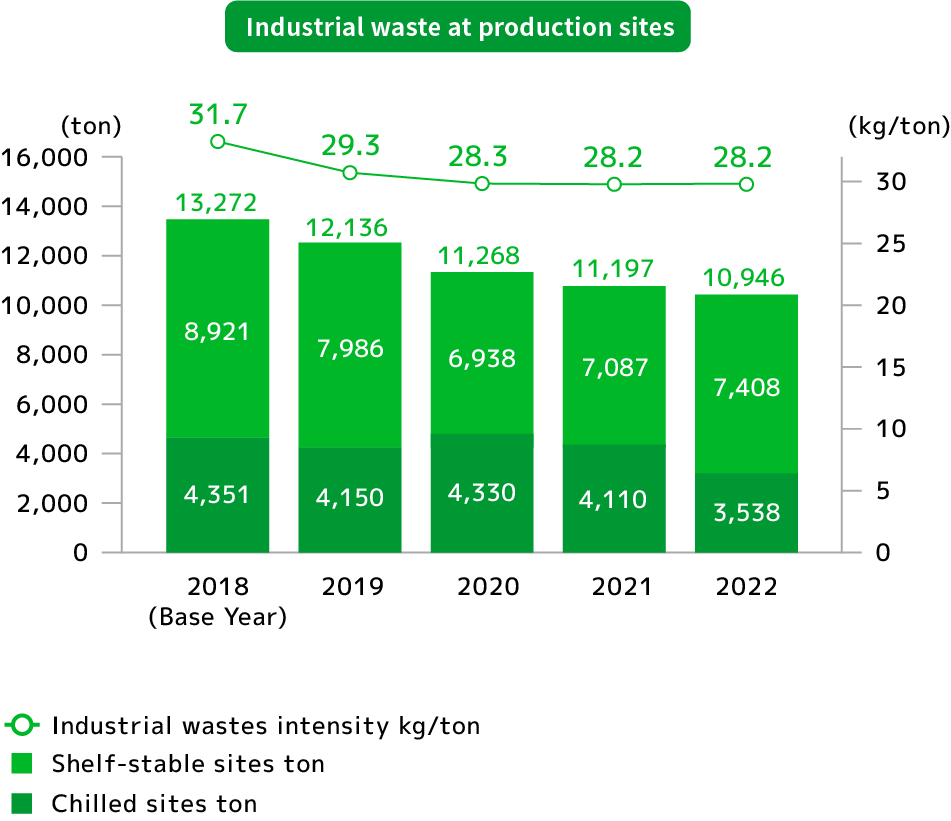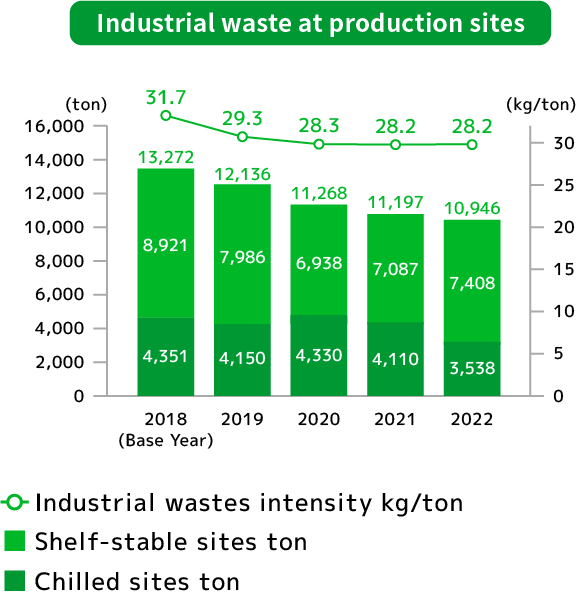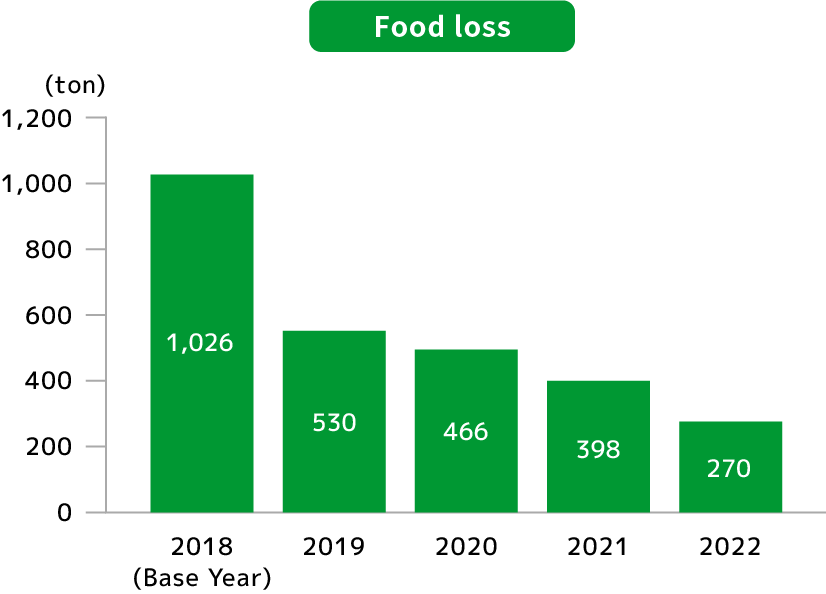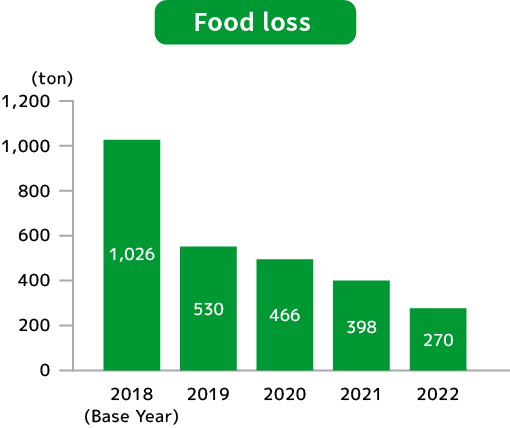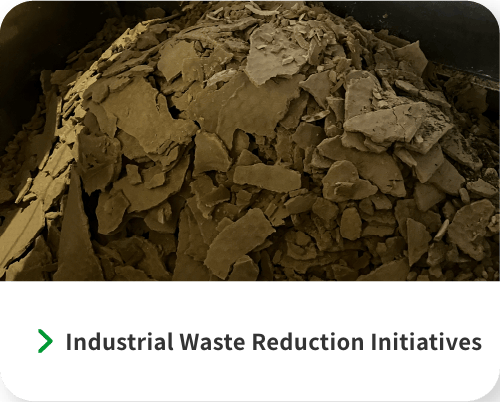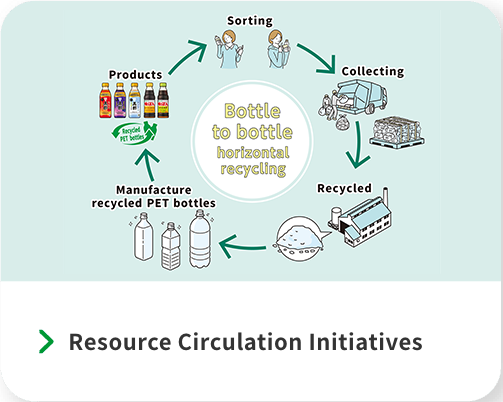- TOP
- Sustainability
Using Resources Wisely
Using Resources Wisely
SUSTAINABILITY MENU
Policy and Structure
The Mizkan Group has always leveraged the power of nature and brought out the best of ingredients through environmentally conscious business activities. Fermentation has been a particular strong point. In 1804, the founder and sake brewer Nakano Matazaemon created sake lees vinegar using the byproduct of sake production. This was used in hayazushi, or “fast sushi,” which was becoming popular in Edo (Tokyo). Sake lees vinegar supported the culture of affordable and delicious sushi that continues to the present day.
Today, the world is facing severe environmental damage from resource depletion and mass disposal. It has become essential to eliminate waste of resources and to reuse, reduce, and recycle (3Rs). In particular, the food industry is required to take a wide range of measures, including reducing and recycling food waste generated during manufacturing and processing, switching to environmentally friendly containers and packaging, and reducing food waste by extending best-before dates.
We will uphold our Mission, "Bringing Flavor to Life," and be respectful of the cycle of life in all its forms in our business activities. As a responsible global food maker, Mizkan will use resources efficiently, reduce food waste, and recycle resources.
We will put in place an effective company-wide structure with alignment between relevant departments.
Targets and Progress
The Mizkan Group sets targets for each operating region in accordance with the laws and regulations of each country and region in which we operate, all while keeping a close eye on global trends in circular economy.
We will regularly assess the progress of initiatives in each operating region, revisit goals and strategies, and consider the Mizkan Group's overall mid- to long-term policy.
Offices and production sites in Japan
・ 20% reduction of industrial waste intensity at production sites in Japan by 2030 (compared to 2018)
・ 80% reduction of food loss* by 2030 (compared to 2018)
Stocks disposed due to expiry
・ Industrial waste intensity in 2022: 28.2 kg/ton
・ Food loss in 2022: 270 ton (74% reduction compared to 2018)
Reduction of industrial waste
We are working to minimize and effectively use industrial waste.
